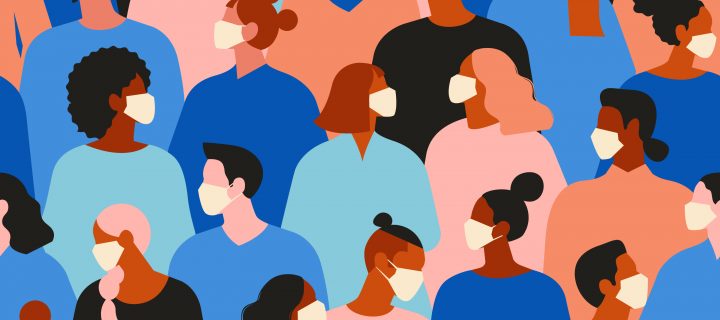With the current lockdown, which is closing in on three months now, changing everyone’s lives in some fashion, a new study suggests there are three ‘lockdown personalities’ that virtually everyone can be categorized by.
The study by King’s College in the UK suggests the three different categories we can all fit into depend on how we have responded to lockdown.
The analysis is based on an Ipsos MORI survey which was conducted in early April which shows ‘three broad but distinct groups of people’ who are responding to the health crisis in very different ways.
So what are they and how do we fit into them?

First up is The Accepting, with the study saying 48 per cent of participants fall into this category. People between the ages of 55-75 are most likely to be in this category, characterized by accepting the lockdown and simply adjusting to this new way of living. They aren’t any more anxious, depressed, or stressed than usual.
This group is also the least likely to use social media for lockdown updates everyday. A big part of this acceptance can be tied to the large 28 per cent of the group that isn’t concerned about the financial impact of the pandemic. Next, 44 per cent of people fall into The Suffering category. These are the people finding lockdown most taxing on their mental health, with two thirds of the group being made up of women. 93 per cent of this group feel more anxious and depressed since the lockdown; and 64 per cent also sleep less or worse than before the lockdown.
Related: How to Protect Your Mental Health While Working From Home During COVID-19
Lastly, only 10 per cent of people fall into The Resisting category. This group is made up mostly of 16 to 24-year-olds and are more likely to ignore lockdown rules. 58 per cent of this group thinks there’s too much fuss about the risks of the virus – this percentage is a whopping six times higher than other groups. The sense of urgency for everything to return to normal from this group can be attributed to the 65 per cent that feel they will be significantly impacted in terms of personal finances during after the crisis.
So which group do you fit into?
Photo Credit: Angelina Bambina/Shutterstock.com; Da Antipina/Shutterstock.com












